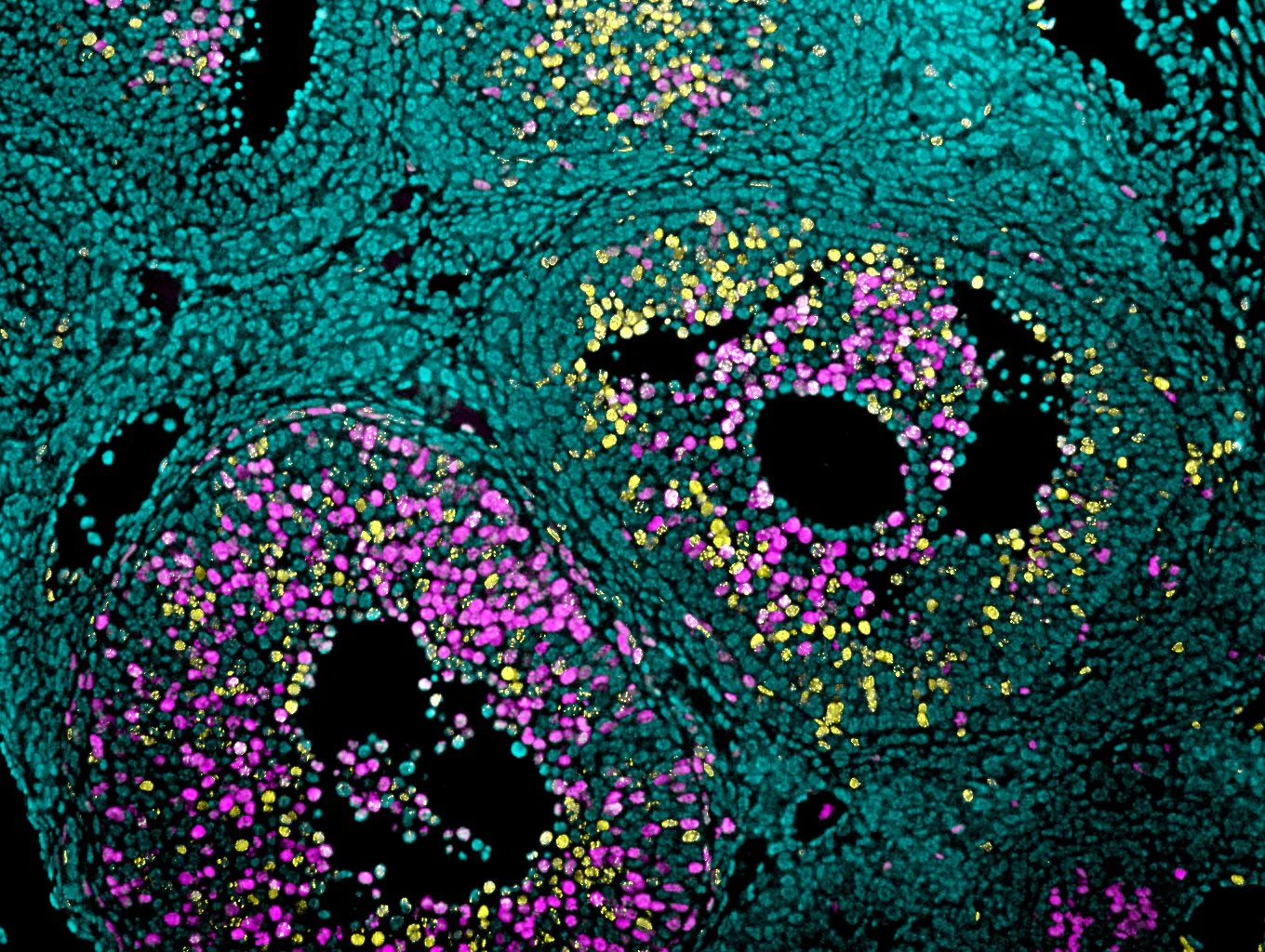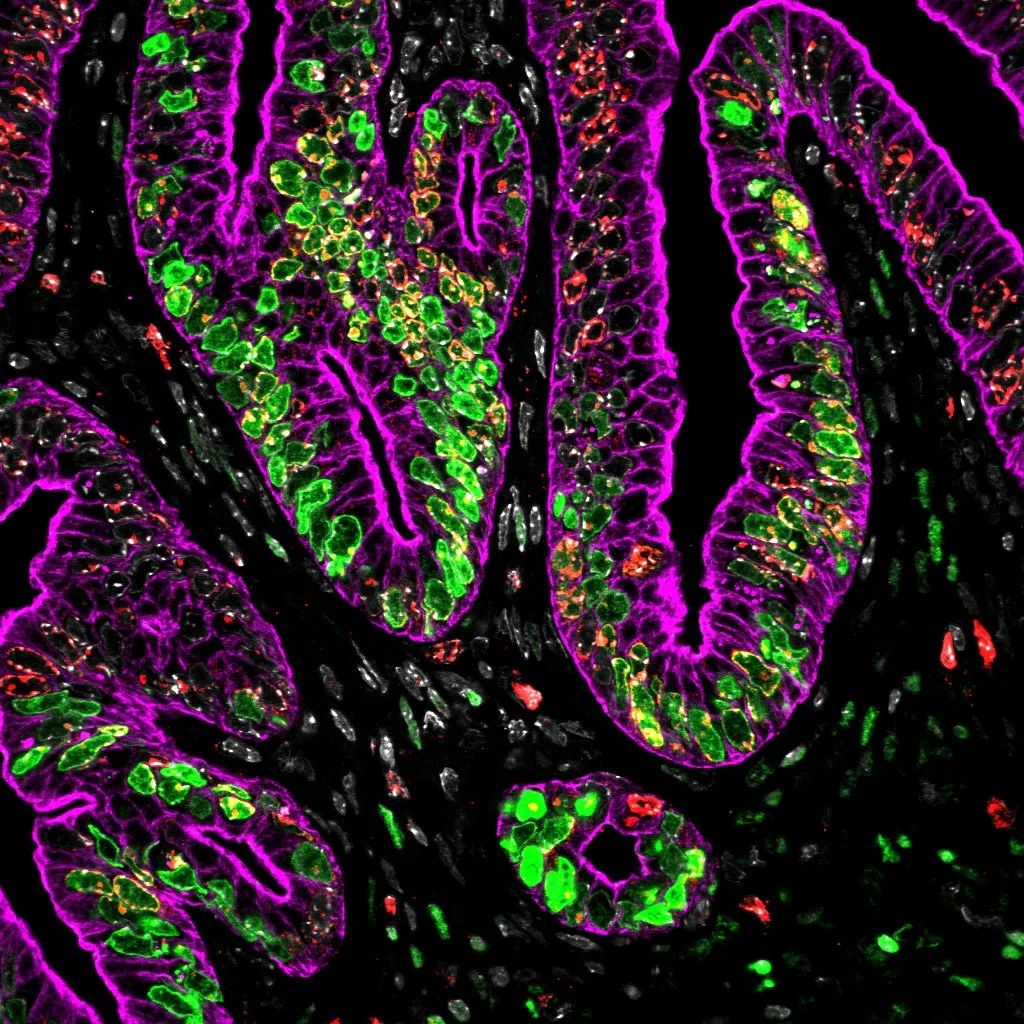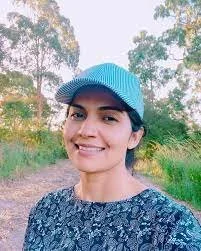Pioneering Excellence in Scientific Innovation

Transforming the way gynaecological diseases are prevented, treated and cured.

The lab aims to:
Advance innovative research in gynaecological diseases
Translate laboratory discoveries into clinical solutions for better health outcomes
Meet the Team
-
I am a Professor and Director of the Centre for Gynaecological Diseases, where I lead a transdisciplinary team advancing solutions to some of the most pressing challenges in women’s health. Our centre is internationally recognised for pioneering research into the cellular and molecular mechanisms driving gynaecological diseases.
-
Postdoctoral Fellow: My major expertise is applying mass spectrometry-based proteomics as a powerful tool to study protein profiles of diseased and normal tissues. By comparing protein profiles of diseased and normal tissues, new protein biomarkers for early diagnosis or developing new drug treatments can be uncovered.
-
Postdoctoral Fellow
-
Postdoctoral Fellow
-
Research Assistant
-
Lab manager
Key Publications
1. Jamaluddin MFB, Ghosh A, Ingle A, Mohammed R, Ali A, Bahrami M, Kaiko G, Gibb Z, Filipe EC, Cox TR, Boulton A, O'Sullivan R, Ius Y, Karakoti A, Vinu A, Nahar P, Jaaback K, Bansal V, TANWAR PS. Bovine and human endometrium-derived hydrogels support organoid culture from healthy and cancerous tissues. PNAS 2022 Nov;119(44): e2208040119.
https://www.pnas.org/doi/10.1073/pnas.2208040119
2. Jamaluddin M, Ko YA, Ghosh A, Syed SM, Ius Y, O’Sullivan R, Netherton JK, Baker MA, Nahar P, Jaaback K, TANWAR PS. Proteomic and functional characterization of intra-tumor heterogeneity in human endometrial cancer. Cell Reports Medicine 2022 Sep 20;3(9):100738.
https://www.cell.com/cell-reports-medicine/fulltext/S2666-3791(22)00287-7
3. Venkata VD, Jamaluddin M, Goad J, Drury HR, Tadros MA, Lim R, Karakoti A, O’Sullivan R, Ius Y, Jaaback K, Nahar P, TANWAR PS. Development and characterization of human fetal female reproductive tract organoids to understand Müllerian duct anomalies. PNAS 2022 Jul 26;119(30):e2118054119.
https://www.pnas.org/doi/10.1073/pnas.2118054119
4. Syed SM, Kumar M, Ghosh A, Tomasetig F, Ali A, Whan RM, Alterman D, TANWAR PS. Endometrial Axin2(+) Cells Drive Epithelial Homeostasis, Regeneration, and Cancer following Oncogenic Transformation. Cell Stem Cell 202026(1):64-80.e13.
https://www.cell.com/cell-stem-cell/fulltext/S1934-5909(19)30467-9
5. Ali A, Syed SM, Jamaluddin MFB, Colino-Sanguino Y, Gallego-Ortega D, TANWAR PS. Cell Lineage Tracing Identifies Hormone-Regulated and Wnt-Responsive Vaginal Epithelial Stem Cells. Cell Reports 2020 4:30(5):1463-1477.e7.
https://www.cell.com/cell-reports/fulltext/S2211-1247(20)30003-6
6. Ghosh A, Syed SM, Kumar M, Carpenter TJ, Teixeira JM, Houairia N, Negi S, TANWAR PS. In Vivo Cell Fate Tracing Provides No Evidence for Mesenchymal to Epithelial Transition in Adult Fallopian Tube and Uterus. Cell Reports 202031(6):107631.
https://www.cell.com/cell-reports/fulltext/S2211-1247(20)30584-2
7. Sahoo SS, Lombard JM, Ius Y, O'Sullivan R, Wood LG, Nahar P, Jaaback K, TANWAR PS. Adipose-Derived VEGF-mTOR Signaling Promotes Endometrial Hyperplasia and Cancer: Implications for Obese Women. Molecular Cancer Research 2018 16(2):309-321.
https://aacrjournals.org/mcr/article/16/2/309/89828/Adipose-Derived-VEGF-mTOR-Signaling-Promotes
8. Ghosh A, Syed SM, TANWAR PS. In vivo genetic cell lineage tracing reveals that oviductal secretory cells self-renew and give rise to ciliated cells. Development 2017 144(17):3031-3041.
9. Goad J, Ko YA, Kumar M, Syed SM, TANWAR PS. Differential Wnt signaling activity limits epithelial gland development to the anti-mesometrial side of the mouse uterus. Developmental Biology 2017 423, 138-151.
https://www.sciencedirect.com/science/article/pii/S0012160616308314








